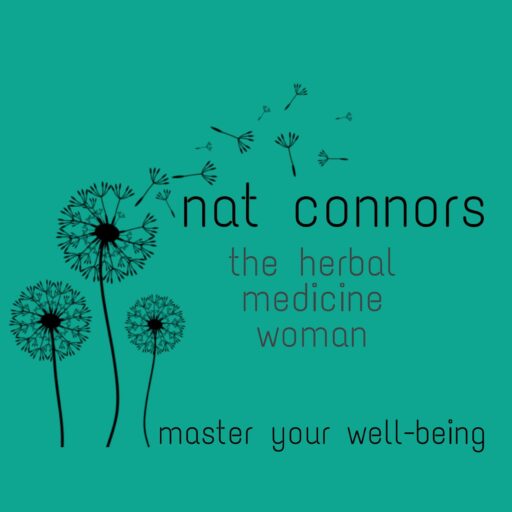? Aeschylus hippocastanum – Horse Chestnut.
Native to southeastern Europe,
The fruit of the tree contains seeds that look like sweet chestnuts but have a bitter taste.
These seeds are gathered as they fall from the tree.
They must not be eaten raw.
Historically used for bladder, gastrointestinal problems, leg cramps, fever & joint pain. Today most well known for its uses relating to all things ‘venous’ within the body – poor blood flow esp. to lower extremities, IBS & male infertility.
Medicinal Properties:
?️Veno-tonic & blood vessel tone
?️Anti-edematous (eases oedema)
?️Anti-inflammatory
?️Anti-ecchymotic (anti-bruising)
?️Astringent & Circulatory Tonic
?️Tissue congestion that is effecting other system – e.g. tissue fluid imbalance of inner ear – like vertigo – in combination with Gotu Kola & Gingko
Uses include:
?️Varicose Veins & Varicose ulcers – combine with butcher’s broom
?️Chronic Venous Insufficiency/ poor venous return
?️Oedema of lower limbs
?️Reduces venous congestion
?️Lower back disc damage– where fluid may be pressing on a nerve ( combine with Curcumin, Gotu Kola & Corydalis)
?️Restless leg syndrome
?️Bell’s palsy
?️Rectal Complaints such as Haemorrhoids
?️Improves capillary resistance in the healthy.
?️Disorders of local tissue oedema
?️For ADRENAL OVER-CHARGING & endocrine system strain (Hall)
?️Pelvis congestion & flooding (Hall)
?️Males who work out, are very strong but have trouble getting in touch with their softer side & gentler hormones (Hall)
If you would like to know if Horse Chestnut could benefit you or your families health, reach out to your Naturopath or Herbalist today. Or book a chat with Nat on the following link.
Checkout my Facebook page here.
